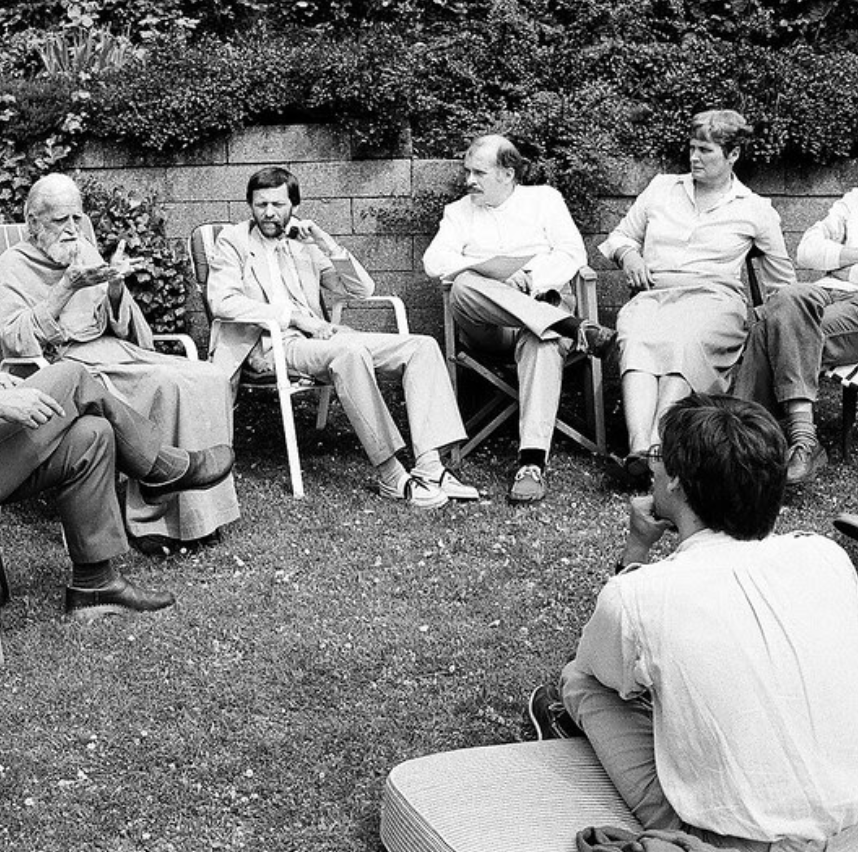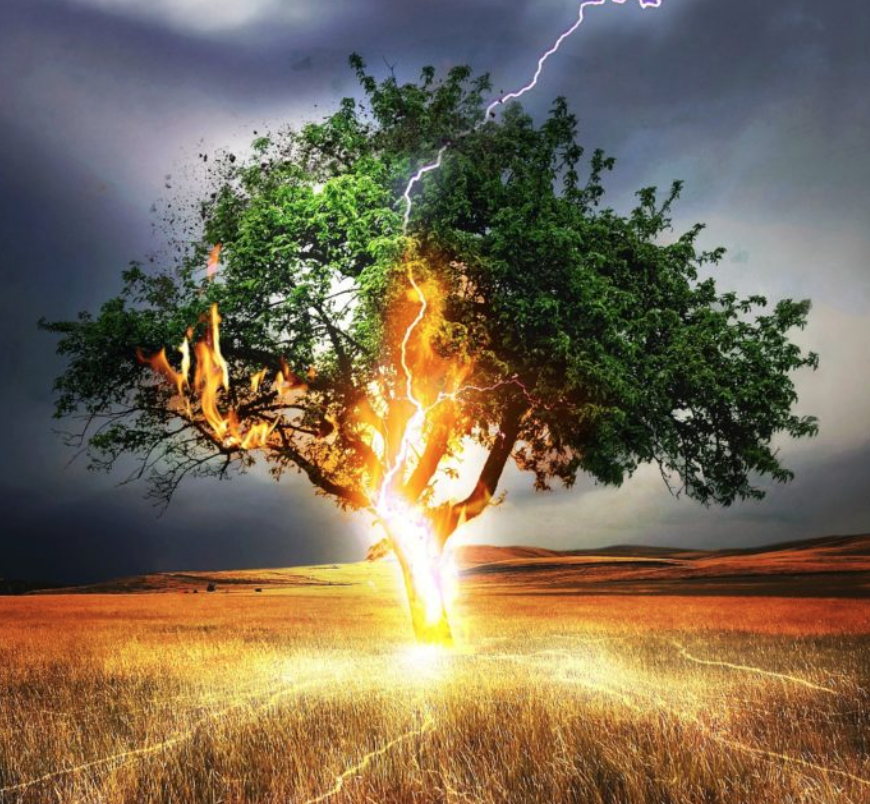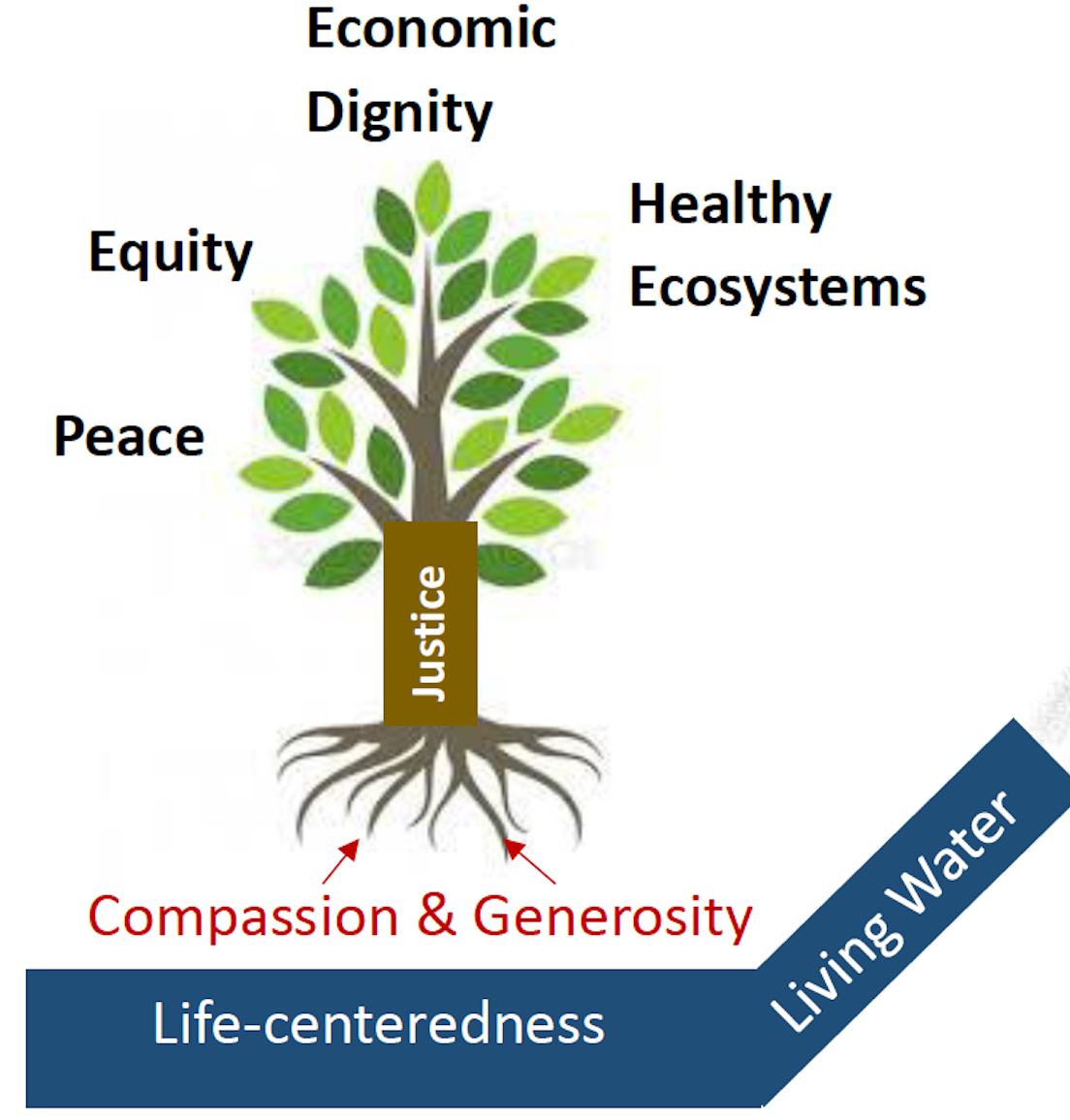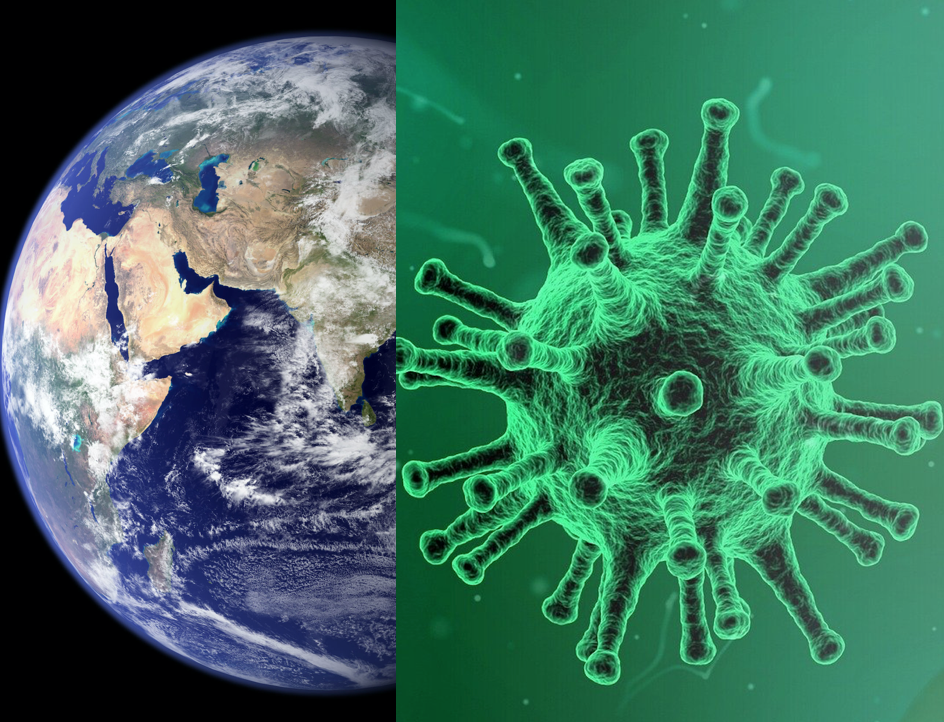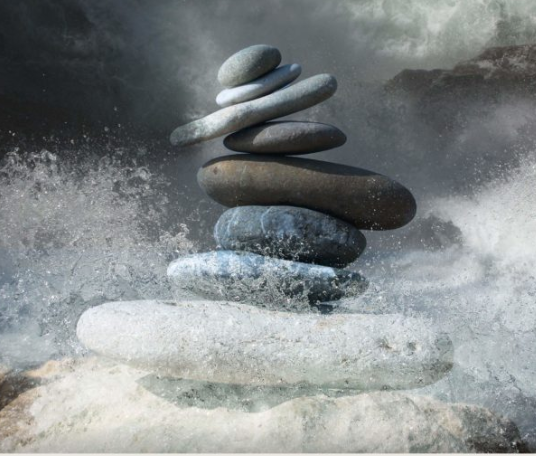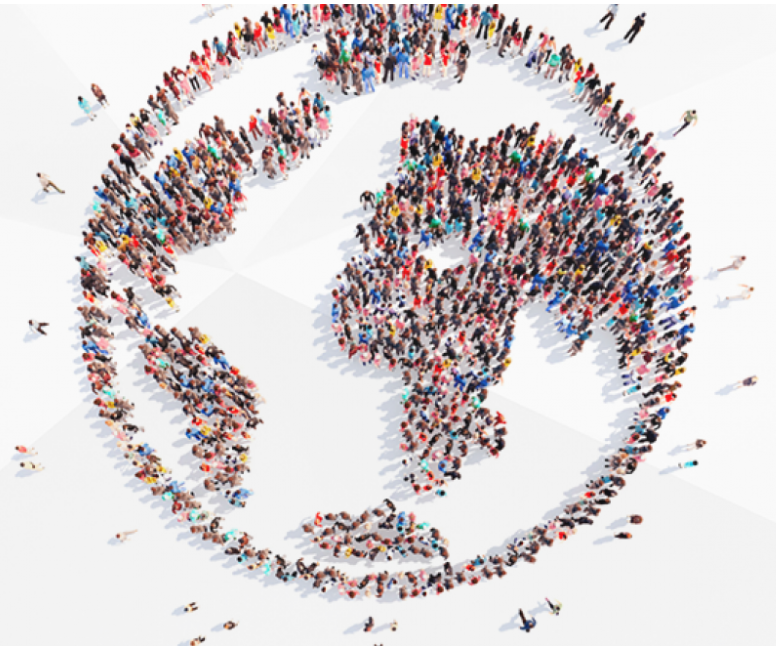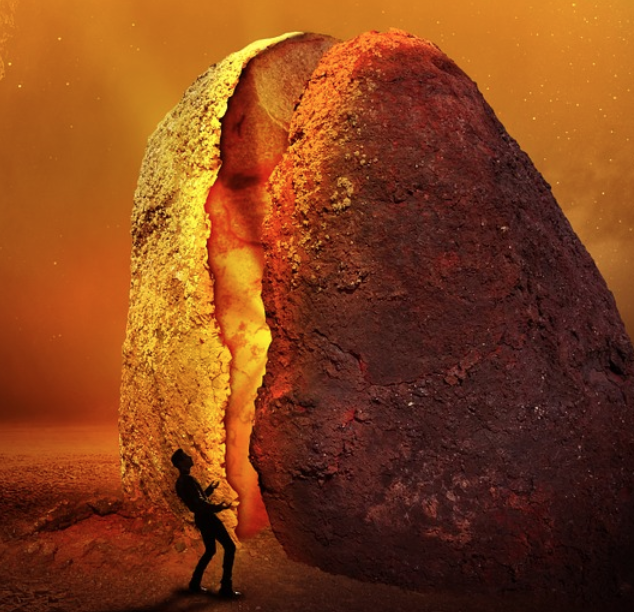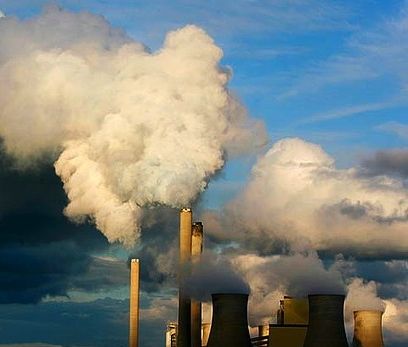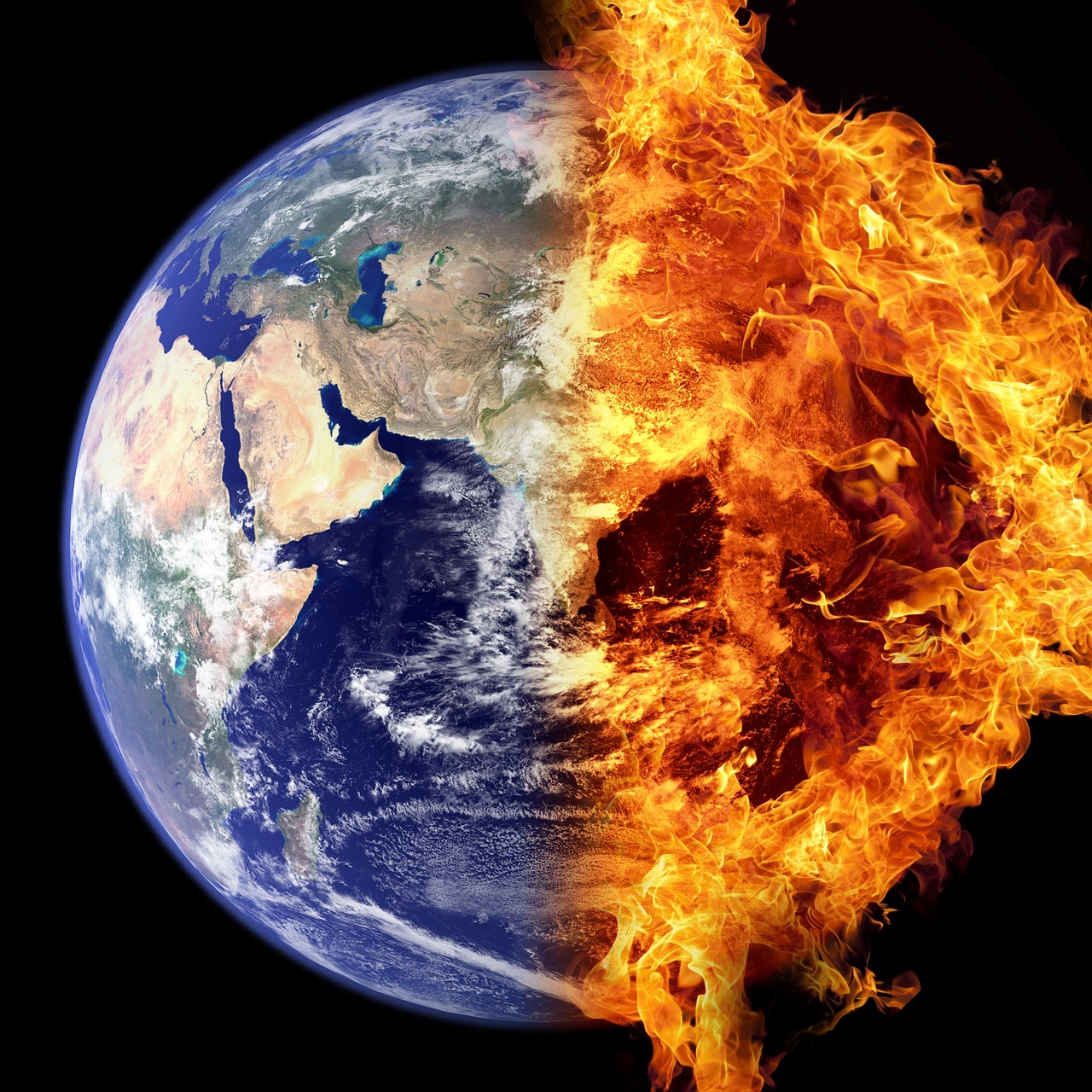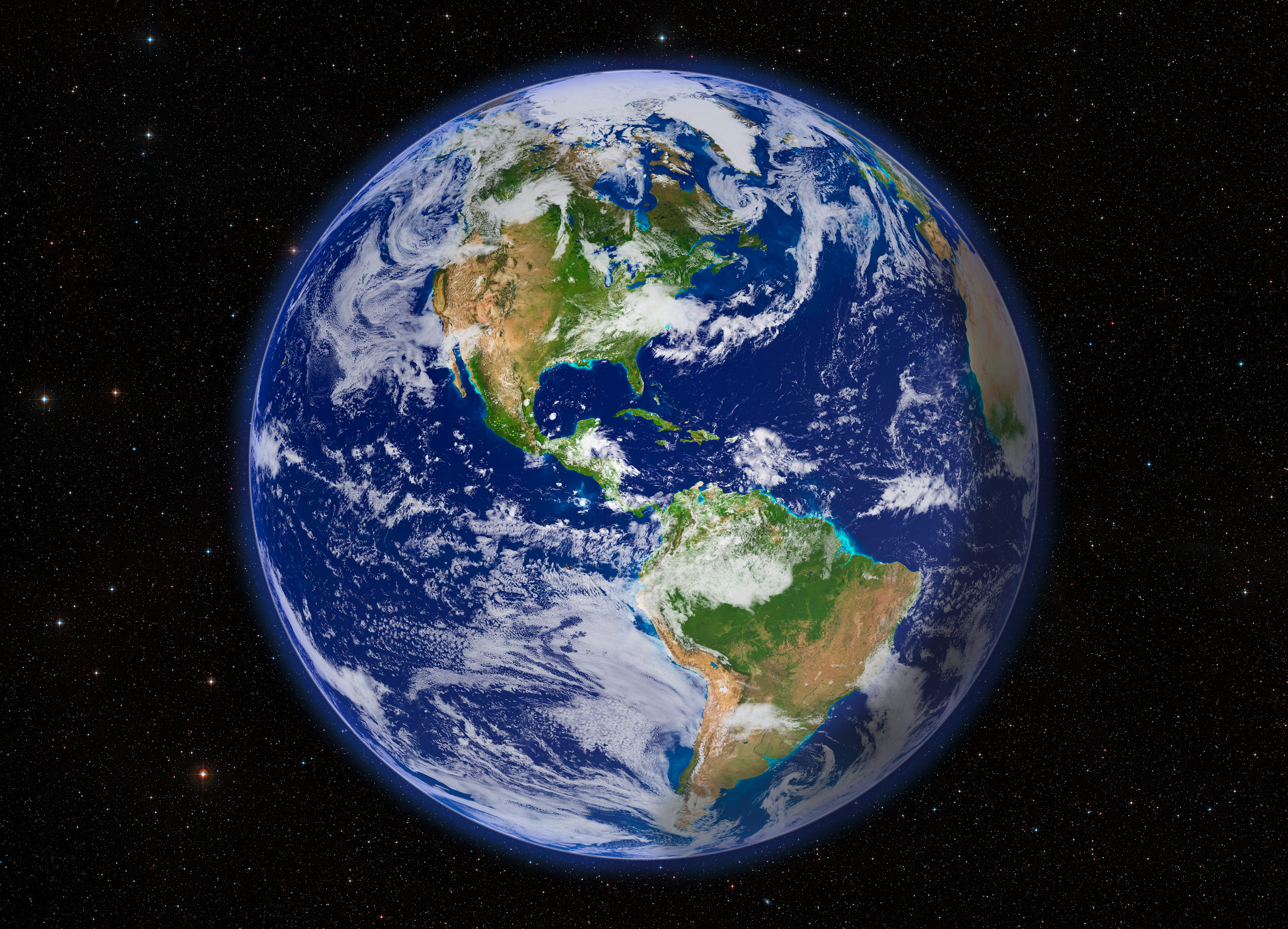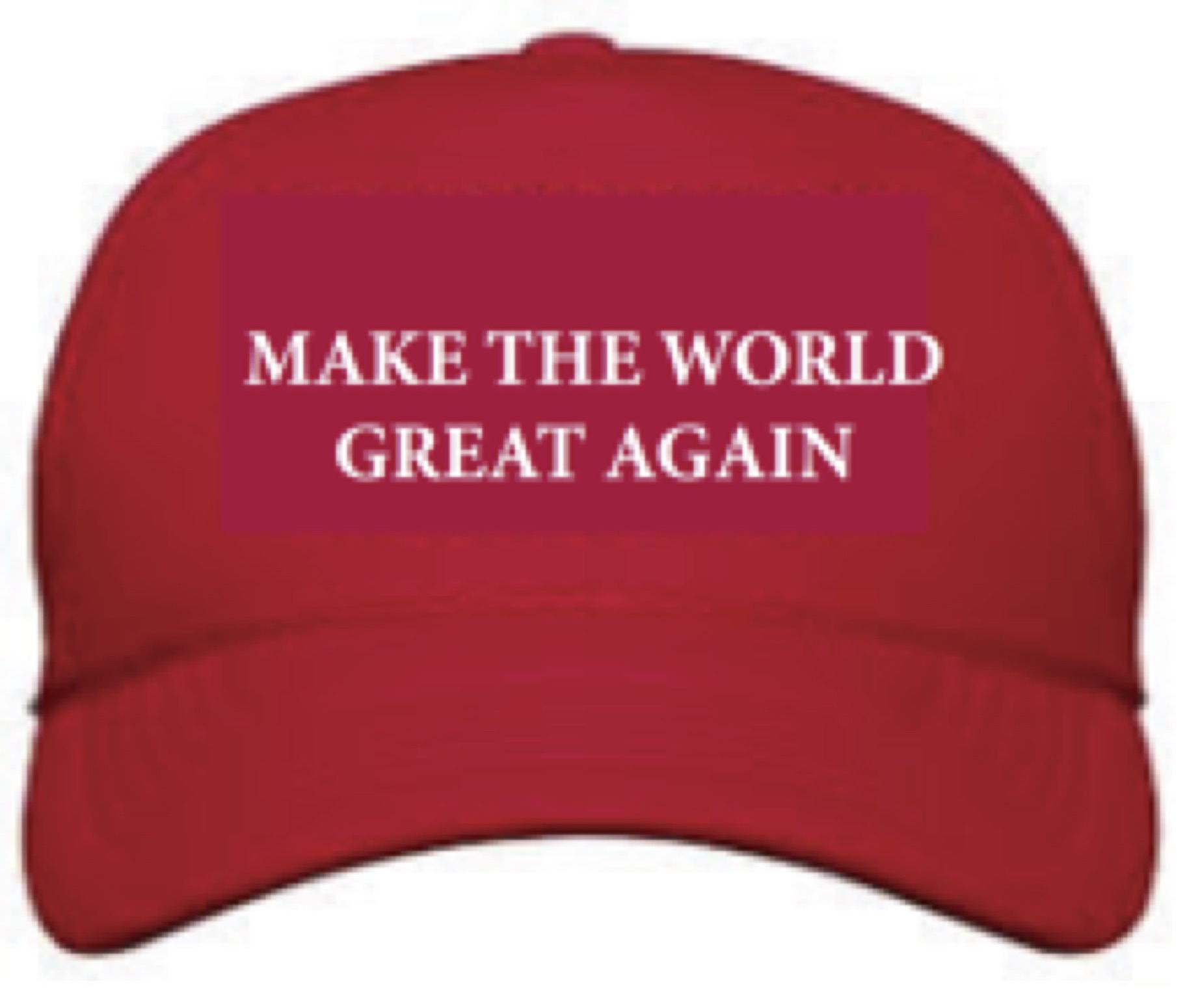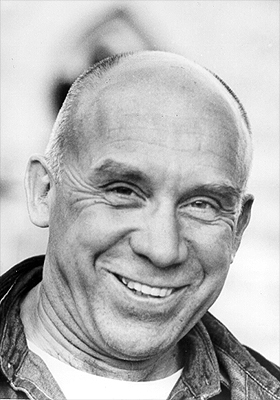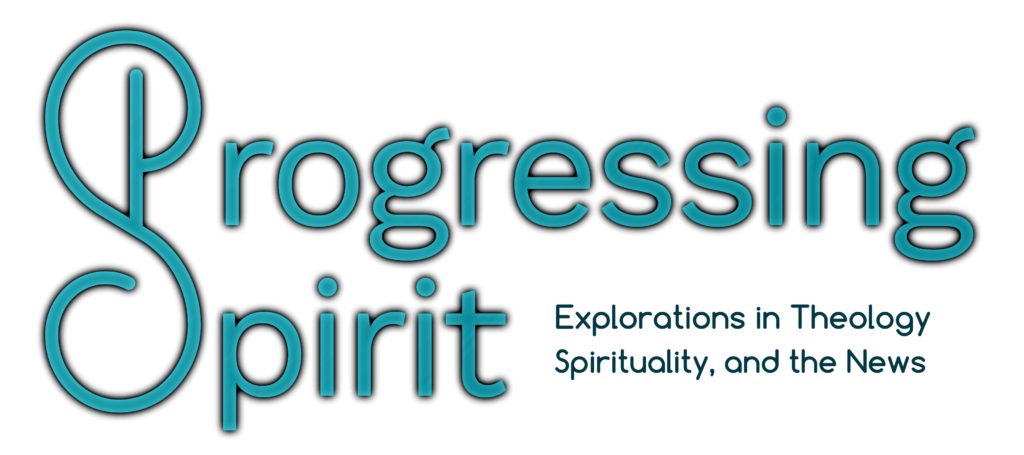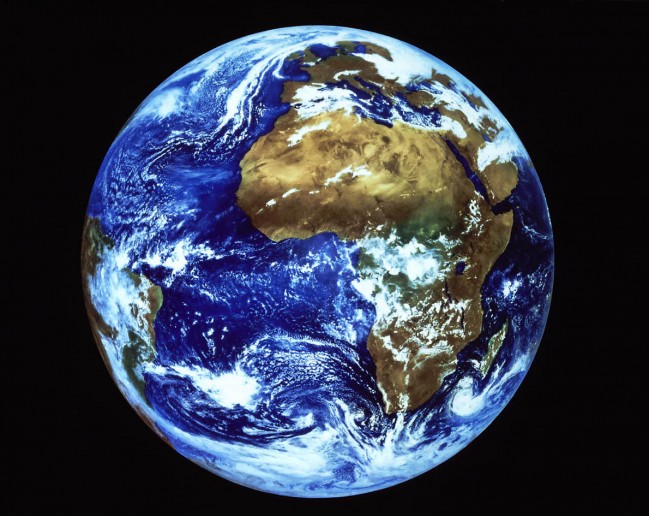Christian nationalism that had led to the first world war, was now leading to the second. Almost all of the 60 million Germans in 1933 were Christians. The country was suffering in the aftermath of WWI, and it was ready for a new “Leader” who would restore the economy and national pride.
The fact is that civil-minded folk outnumber the forces on the other side. There are just more of us than there are of them. The problem is that we have not recognized the current existential threat. We slide along the path we are on, pretending as though next year will be the same as this year. It will not.
Earlier this week, I read that Spain has ruled cigarette manufacturers responsible for the cost of cigarette butt clean-up. I was SOOOOO excited about that; completely over the top!
In the shadow of COP26 we are meditating on the powerful role that Deep Ecumenism can and must play in the future of the planet. To get the most out of individual humans and our diverse communities, we must include the spiritual dimension. That is where the fire of excitement and passion, sacrifice and visions, is lit and stays lit.
Many of us wrestle with fear, despair, insecurity, and loneliness in this time of sustained global crisis. I worry for the future of the human family and life itself. But these times are also an invitation.
How Faith Communities Can Get Involved
Religious communities have a rich opportunity to contribute to a global goal of restoring forest ecosystems as part of the current UN Decade on Ecosystem Restoration.
By United Nations Environment Programme
Around the world, there are an estimated 37 million churches, 4 million mosques, 20,000 synagogues and hundreds of millions of temples. Experts say many of these houses of faith could become models of sustainability by practicing eco-friendly worship, embracing green buildings, and offering environmentally-friendly sermons.
The critical first step in harnessing the power of intersectionality is to convince activists of all stripes it’s in their best interest to move forward together. When this happens on a grand scale, the synergy possible will be extraordinary.
What do climate change, the novel coronavirus, and the Earth’s population explosion all have in common? They comprise a Biblically-sized Armageddon calling for an equal Biblically-sized rebirth of sacred consciousness, this time from the deep feminine.
One of the lessons I remember from my study of U.S. history in high school is that the United States is protected by two oceans on our east and west coasts. Europe’s problems could not negatively impact our nation because we were separated by 3,000 miles of ocean. Our northern and southern borders are secure because we have friendly neighbors.
It’s no secret that women all over the world play an important role in food systems—in cultivating gardens for school canteens in Cote d’Ivoire, producing more than half of the food supply for rural areas in South America, establishing seed banks in India, and developing agricultural technologies in Silicon Valley.
Scientists are now warning us that irreparable damage is being done to our planet. Continuing human existence is in question. Yet most of us go about our daily lives with no sense of fear for the future.
Mystical Neuropsychology
Throughout history, humans have believed that deceased loved ones, ancestors, spirit guides, angels, and other helpful spiritual beings operate in our lives and are genuinely interested in our welfare. Notwithstanding the advent of scientific materialism, such beliefs are also alive and well today.
The words apocalypse and eschaton have been resurrected from the dustbin of theological jargon, and they both refer to what happens at the end of time. More specifically, they point to the end of life as we know it, and today that prophecy comes in two forms.
In an article I posted to Facebook shortly after reading, that tells us the oceans are heating up at a rate equal to five Hiroshima bombs being dropped into them every second. No. I did not want to learn that this week, but I did.
At the 2018 Parliament of the World’s Religions hosted in Toronto, Canada in November of last year, the Parliament announced the official addition of a fifth directive to the foundational document Towards a Global Ethic (An Initial Declaration)
An Introduction to Mystical Activism
Mystical activism begins with mystical consciousness: an intentionally awakened, the thought-free, sacred of awareness of the mystic that transforms the experience of our self, our work, and the world itself.
Most of us did not know what was happening, but we do now. The industrial age offered to humanity comforts and conveniences never before imagined, but what we are now discovering is that the bedrock of this modern civilization is a resource that we have unwittingly and precipitously transformed into what could be the cause of our own destruction.
Planting Compassion: Tree by Tree by Tree
When I Am Among the Trees When I am among the trees, especially the willows and the honey locust, equally the
Some religions today are a vehicle for “a purely secular ideological program.” They are a form of “political fanaticism.” As such they are ignoring many of the most critical issues facing human civilization; theologically and otherwise.
“Look up at the stars and not down at your feet. Try to make sense of what you see, and wonder about
Religionists need to take a lesson from economists. At the same time economists need to take a lesson from religionists. Our spiritual and secular lives constitute a single reality. That reality is now being tested. Only common thought and action can lead to our survival on this planet.
Restoration of a Vision from the Christian Faith Tradition
What might constitute an adequate improvement to the world order? This commentary constitutes an exploration of this pesky, perennial question about "a better world" from the vantage point of one faith tradition, and in contemporary context. Its intention is not to offer novelty or any new revelatory insight, but rather to remember and restore a perspective that lies at the heart of a biblical gospel tradition; based on the teachings of a pre-Easter human Jesus.
From The Parliament of World's Religions
The Parliament of the World's Religions is proud to distribute It's About Time, a weekly podcast produced in partnership with our allies at Religica.org and Seattle University.
Monday, December 10th marks the 50th anniversary of Thomas Merton’s death—which has now been confirmed as a martyr’s death by the recent solid and important investigative study, The Martyrdom of Thomas Merton by Hugh Turley and David Marin (as well as by my own encounters over the years with three CIA agents who were in Southeast Asia at the time).
Dismayed on the Fourth of July: A Ministerial Journey with Donald Trump Growing up in a small town in southern Indiana, the Fourth of July meant friends coming to the house for a cookout, sitting on the front porch, devouring large chunks of sweet and juicy watermelon, and watching an Independence Day parade moving slowly down North Main Street. An American flag gently swayed in the afternoon breeze. The Fourth of July was about celebrating our country. It wasn’t about nationalism. It wasn’t about proclaiming that the United States was better than the rest of the world. Perhaps most notably, it was not a politicized holiday. It was a simple day, naïve to be sure, but a simple day of enjoying one another and remembering the founding of our nation. I share these memories because I’m painfully aware of how differently the Fourth of July feels to me this year under the presidency of Donald J. Trump. I’m guessing it feels differently for many Americans this year. I’m also thinking about it because a few weeks ago I received an email criticizing me over how I have been mixing religion and politics in my sermons, Facebook posts, and in a few of my Take a Breath blogs. But the one word that caught my attention in his long vituperative email was dismayed. He stated that he was “dismayed” that I would make a negative comment about “our” president, President Trump. No minister likes to receive this kind of email on a Monday morning, especially after preaching a sermon the day before, followed by the Coffee Fellowship hour (and fielding a variety of complaints about the anthem and altar flowers), and then a few committee meetings held later in the afternoon. Like most clergy, I prefer everyone to think that my sermons are brilliantly written and eloquently delivered. While I know a few clergy who thrive on stirring the pot week after week, I’m not one of them. I love the people in my congregation, and I also like it when they love me in return. (There. I said it.) Yet my skin has been crawling the past few weeks because of that word “dismayed” and the upcoming holiday of the Fourth of July. The word dismayed literally means the negation of something that is true. Or at least potentially true. Yet it’s more than that. It suggests that I had crossed a social, ecclesiastical or theological line. It’s a word that carries with it overtones of disappointment and shame. He wasn’t merely saying that he disagreed with me; he was saying I should be ashamed of what I was saying regarding faith and the political realities of our world. To be dismayed doesn’t mean a difference of opinion; it suggests anguish, hurt and pain. I’m too much of a curmudgeon these days for a scathing email to derail me. But it did throw me into a state of self-reflection over what it means to be a minister of the Christian faith during the Trump presidency. It has been a cloud, to be sure, or more like a fog, that touches everything about how I approach my work as a clergyperson. I don’t want a church where everyone agrees with me. I have repeatedly urged my congregation, First Congregational Church of Los Angeles, to be a “journey” church and not an “answer” church. I love the diversity of thought and feeling in our congregation. As for myself, all I can do on a Sunday morning is preach the best message I know how to preach at any given moment of my life. I’ve changed my mind through the years. I’ve made mistakes through the years. But in the end, when the bells chime at 11:00 AM, it’s my job to say something about God and what is happening in the world. Or as Paul Tillich used to remind his students, my job is to help the gospel make contact with the world. Knowing he was dismayed caused me to re-check my capacity for empathy. I don’t mean to suggest that I’m right and he’s wrong, or that I feel sorry for him because he hasn’t evolved to my point of view. I honestly want to understand what he thinks and believes. When people say they don’t want “politics in the church,” they may be acknowledging how stressful political discourse has become in our society, and that when they come to a worship service, they want to find something inspiring to help them make it through another week. I understand that. My view of faith is a little broader, because I happen to think Jesus was political. Faith should always be about interacting with our real world. I also think there’s a way to find refreshing spiritual renewal, while at the same time caring passionately about what is happening in our nation. That said, after receiving his email, a new sense of clarity began taking shape inside my consciousness. I realized that I, too, am “dismayed.” Deeply, passionately, and theologically dismayed. I’m dismayed because of the presidency of Donald J. Trump. I’m anguished over what I see happening to our nation. In fact, I’m dismayed that more church members aren’t dismayed along with me, feeling a sense of outrage over issues of injustice and indignity that happen regularly in the political circus that is the Trump presidency. I’m only now realizing that my feeling of being dismayed has shaped everything about who I am as a clergyperson for the past two years, including my sermons, posts and blogs. I’ve tried to restrain my feelings. I have had to talk myself off the ledge numerous times after writing vitriolic posts or deleting whole paragraphs, and in some cases, entire sermons on a Saturday night. But at a certain point, even a minister has to be honest about his or her real experience. I believe churches deserve our honesty. My real experience is that I am dismayed . . . I am dismayed because, at least according to the Washington Post, this president has lied to the American people over 3000 times, and that it is now to the point that no one knows what is true and what is false, what is spin and what is fact. The White House cannot be trusted. This is a fundamental loss in our country. The idea of not bearing “false witness” is essential to the Jewish and Christian faiths, and in fact, it is an essential dimension of morality found in all the great religions of the world. I am dismayed that this president has created foreign policy chaos, including breaking alliances with longtime allies and friends and making our world a more dangerous and unpredictable place. As a clergyperson, I believe we live in a global village, and now more than ever the complexity of the world must be approached with wisdom, insight and intellectual rigor. The survival of the planet now depends upon the moral reasoning of our global leaders, and this is a special burden of responsibility that the President of the United States of America must carry. Even his handshake diplomacy with North Korea feels nervously shaky and unclear. I am dismayed that this president, during a real-time climate disaster, has withdrawn the United States from the Paris Climate Accord, not to mention leading an administration that continues to roll back important regulations and environmental protections. My faith moves me to understand the earth as the body of God, and how we treat the earth is how we are treating the great Spirit of love that is in all things, through all things, and above all things. Furthermore, it has been proven again and again that those who suffer most from a collapsing environment are the poorest of the world’s poor. This is not a political issue; climate change is a moral issue. I am dismayed that this president regularly diminishes the American justice system, including the work of men and women in the Department of Justice, CIA and FBI, and that he has continued to use the Attorney General as his personal piñata. Many of these people kept our nation safe after 9/11. We are a nation of laws, and these laws have their roots in a democratic vision established in the original founding of our nation. While I believe in the separation of church and state, and I have never publicly endorsed a political candidate, I know enough about American history to note that religious faith fundamentally shaped our democracy that is based upon law and not personality. I am dismayed that this president continues to undercut the work of the special prosecutor, Robert Mueller, and is now arguing that, as president, he is above the law, immune to indictment and empowered with the authority, not only to pardon his friends, such as Michael Flynn and Paul Manafort, but is able to pardon himself. I am old enough to remember the crisis of Richard Nixon and Watergate. I had come to believe that our nation understood that no one is above the law, including the president. As a clergyperson, I understand that the misuse of power is one of the great moral issues of our time, and that all power, whether political, ecclesiastical or corporate, must be used judiciously and with unblinking self-honesty. I am dismayed that this president regularly diminishes women, and for that matter, almost anyone different from himself. Evidently he as bought the silence of many women in order to protect his reputation. My faith embraces an egalitarian view of women, believing that they have every right to make contributions to the church and world, and when this president diminishes one woman, he is diminishing all women. Moreover, his vulgarization of women provides a cultural permission slip for other men to do the same, something that is regressive and reprehensible, especially given the realities of the “Me-Too Movement” at the beginning of the 21st century. I am dismayed that this president has offered no humane, compassionate, constructive solution to the challenge of immigration in our country. Building a wall is not a solution; it is only a clichéd campaign slogan. Again, my faith encourages me to love my neighbor as myself, especially caring for the stranger and those who are most vulnerable in life. Even as I write, parents and children are being separated at the southern border of America, all in the name of American justice. If this is American justice, then it is an America I clearly do not recognize. This strategy betrays everything good and true thing about Jesus, who said centuries ago, “Let the little children come unto me.” I am dismayed that this president has not exhibited the moral capacity to understand the anguish of African Americans in our country, especially when he argues that there are “good” neo-Nazis and white supremacists, not to mention publicly shaming black athletes protesting police violence by peacefully kneeling during the national anthem. Of course, his personal endorsement of disgraced actress Roseanne Barr, who was recently fired because of abhorrent racist tweets, is deplorable enough. But when given an opportunity to respond to her incendiary remarks, the president turned it into a narcissistic complaint about his own sense of injustice. My faith teaches me that all people are children of God and that every human being deserves respect and dignity. A few months ago I was watching the television show “Morning Joe,” and they were lamenting the troubles of the day as they do most mornings, but that day the conversation turned to religion. The panel went back and forth until someone asked: “Where are the ministers now? Are any of them speaking up?” These are important questions. Jim Wallis? Of course he’s speaking up. Al Sharpton? Yes, he always speaks up. William Barber? Yes, he’s leading the Poor People’s Campaign. But when you’re in a parish, seeing the same people week after week, it’s not easy to speak up. We love our people and our people love us. People want all kinds of things from their church, including spiritual renewal for their challenging lives. And yes, I’m guessing that a few people in my church voted for Donald Trump. Yet people also want some truth. From time to time I think people need (and deserve) to know what their minister really thinks and feels. It’s risky, to be sure. And it’s challenging. Maybe it can’t be done every Sunday. I don’t know. The full spectrum of life has to be honored in a parish context. But every now and then I’m convinced it’s good for the church and good for the minister to just say it, to stand up and say what he or she is really thinking and feeling and believing. As for me, on the birthday of our nation, July 4th, 2018, it seems like a good day for me to say what I am feeling – I am dismayed. I am dismayed on the Fourth of July. R. Scott Colglazier is Senior Minister of First Congregational Church of Los Angeles and the author of the popular online blog – “Take a Breath” (www.rscolglazier.com). His work as a religious leader has been featured in The New York Times, the CBS Morning Show and CNN. I’m painfully aware of how differently the Fourth of July feels to me this year under the presidency of Donald J. Trump. I’m guessing it feels differently for many Americans this year. I’m also thinking about it because a few weeks ago I received an email criticizing me over how I have been mixing religion and politics in my sermons, Facebook posts, and in a few of my Take a Breath blogs. But the one word that caught my attention in his long vituperative email was dismayed. He stated that he was “dismayed” that I would make a negative comment about “our” president, President Trump.
I am convinced that the majority of us are people of hope. If we didn’t have hope we would find it difficult to get up in the morning or put one foot in front of the other as we struggled to get through ordinary and even difficult days. However, I believe it is important to know there is a place for anger to be embedded in hope and to spur us to release compassionate action.
An inclusive and pioneering exploration of Theology, Spirituality and Current Events
With thousands of subscribers around the globe, Progressing Spirit is the world’s leading outlet for an intelligent, inclusive, and pioneering exploration of today’s theological, spiritual, and social advancements.
When God made the world, he made it beautifully, stocked with a variety of four legged beasts, aquatic mammals, incredible landscapes, and unfathomable wonder. He also made humans, and while He gave us the gift of curiosity and the intelligence to create spectacular technology, but we have left a lot of destruction because of it.
We are approaching the end of an Age that began eight/six thousand years ago after our movement out of Africa and into Egypt and the Levant and beyond. We had moved out of Africa before that, but this time it was different. Something of positive import to human civilization was taking place. Looking back, there were a broad range of achievements. Yet, many of these “achievements” are now beginning to haunt us. Scientists today are giving us warning. They are telling us we are in many respects living in alienation of Planet earth’s Biosphere.




